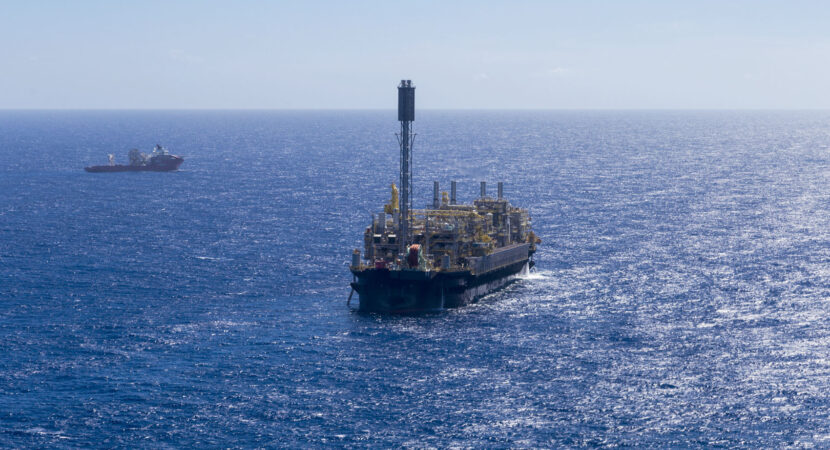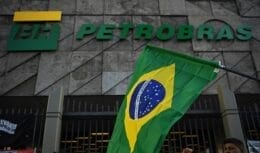
More than R$ 500 billion will be raised by the Union in 10 years through pre-salt Production Sharing contracts, according to PPSA.
Pré-Sal Petróleo (PPSA) is a federal public company, linked to the Ministry of Mines and Energy, responsible for managing contracts under the Production Sharing regime, little known to Brazilians. The state-owned company manages the values that the Union rightfully receives from oil exploration in the pre-salt polygon both in the Petrobras as well as partner companies.
The PPSA was created in 2013 during the PT government Dilma Rousseff. Since then, approximately R$3,6 billion have been handed over to the Union. And that money keeps growing. In 2021 alone, the money raised was R$ 1,22 billion, representing an increase of 74% compared to 2020. For 2022, the projection is that the value will double.
These projections are from PPSA itself. Also according to the state-owned company, the contracts will have an accumulated production of 8,2 billion barrels of oil over the next 10 years. Of this total, the part that the Union will be entitled to is the equivalent of 1,5 billion barrels. In values, the projected revenue is US$ 116 billion (R$ 545,2 billion) in the period.
Increased production from oil fields in Brazil
The more than R$ 3,6 billion collected comes from the fields of the so-called Mero Development Area (Libra Block – 6,4 thousand bpd), Búzios (5,8 thousand bpd), Entorno de Sapinhoá (Santos Basin – 4,5 .71 bpd) and Tartaruga Verde Sudoeste (Macaé – the Union's surplus oil is used to settle debts with the operator in accordance with the Production Individualization Agreement). Together, these oil fields add up to XNUMX pre-salt wells.
These oil wells will be joined by the Sépia and Atapu fields, with the potential to add around US$ 7 billion to public coffers by 2031. These two fields were sold in Second Round of Excess Volumes of the Onerous Assignment. The forecast for signing the contract is for this month of April.
Growth prospects for Production Sharing contracts according to PPSA
There are 17 contracts in force in Brazil that involve the Production Sharing regime. With the inclusion of the Sépia and Atapu blocks, there will soon be 19 contracts.
In January of this year, total production had a daily average of 466 barrels of oil per day. The daily average of the Union's oil surplus in these current Production Sharing contracts was 17 thousand bpd.
For 2022, the PPSA forecast is that the Union will receive an average of 22 bpd; in 2023, about 49 thousand; 84 thousand in 2024, 135 thousand in 2025 and 2026 (last year of the next Government) approximately 278 thousand in 2026.
Regarding natural gas with commercial use, the contracts under the Production Sharing regime had a daily average production of 847 thousand m³/day.
How much will Petrobras and other companies invest in consolidating this billionaire collection by 2031?
PPSA points out that Petrobras and the companies should invest something around US$ 99 billion to hire at least 27 new ships with the capacity to process, store and transport oil and natural gas (FPSO – Floating Production Storage and Offloading).











An aircraft carrier is useful if you have…
I would like to register for the course
Hello, my son is two years old…
What a pointless and stupid piece of material!!!…
I lived and worked for 5 years in Portugal…
Good afternoon, I would like to have an opportunity…
The late Dr. Enéas Carneiro, a very…
Will still exist